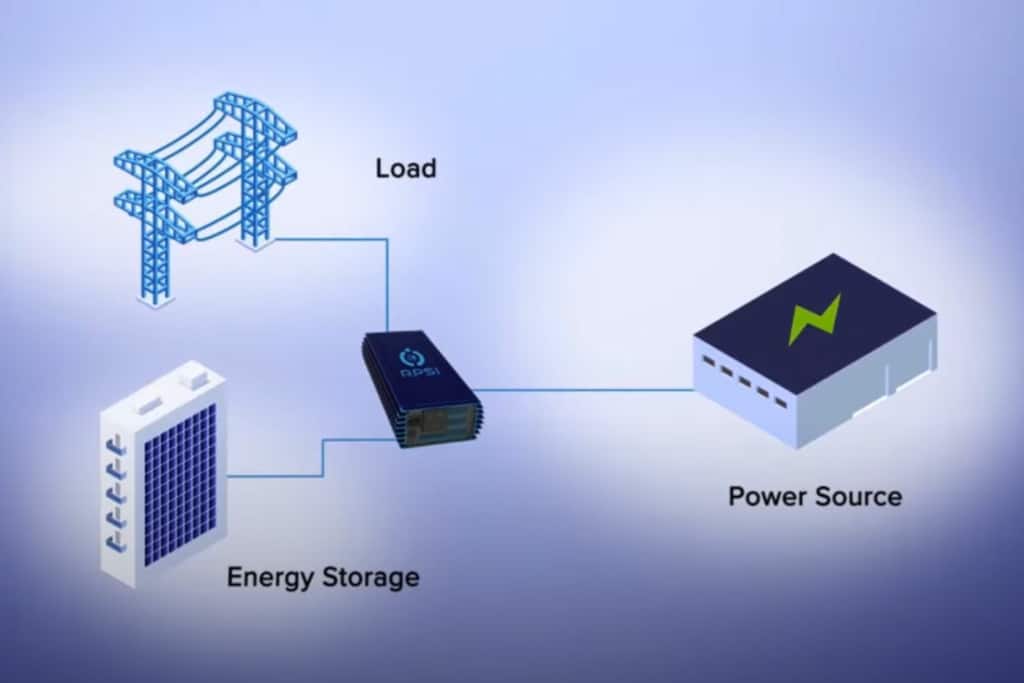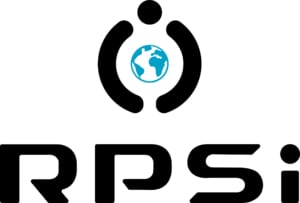Renew Power Systems
Renew Power Systems (RPSi) is developing a revolutionary hardware-based clean energy technology that supports the rapid and equitable decarbonization of existing electric grids.
This grid-forming technology is unique in its ability to enable renewable integration in areas lacking traditional grid services or where the grid is less able to accommodate variable energy sources.
By providing a novel new way for connected energy systems to communicate and cooperate, this technology increases the ability to incorporate renewable energy sources at scale and allows for “islanding” of grid hubs to increase resilience and provide enhanced peak energy management capability.
Innovators Network Partners
RPSi is working with a solar development partner in Minneapolis.
Demonstration Project
Four solar-powered microgrids will be installed and the solar energy produced in each will be directed to separate behind-the-meter (battery) energy storage systems. The solar generation and energy storage systems will initially function as four separate microgrids. These four microgrids will then be paired with four RPSi inverters and operated as an aggregated network. The inverters’ performance will be tested under various use scenarios to demonstrate the grid-forming capabilities of the technology.
These microgrids will be designed in a modular manner for future off-grid microgrid testing and educational uses at the completion of the demonstration project.
Technical Innovation
Traditional inverter technology is designed to be “grid-following”, which limits its ability to support sustainable grid development and modification. RPSi’s inverter utilizes “grid-forming” technology, allowing it to effectively manage an increasing number of decentralized, renewable energy sources on the grid. This capability can be used to maintain grid stability, create resiliency hubs, accelerate the integration of renewable energy sources, enhance the performance of virtual power plants and offer flexible energy infrastructure applications where they are currently limited by grid-following inverter capability.
For the demonstration project, a controlled interaction between a solar panel, an inverter, and a battery, will create a building-level microgrid(s) with the RPSi patented inverter technology. Since it utilizes the power connection between the inverters to self-synchronize the overall system, which is a naturally-occurring phenomena, the system does not require a formal control system. However, the system will be monitored by a data collection system.
The system is scalable and can manage multiple power dispatch scenarios between the components, allowing for testing of behind the meter scenarios and scalability of the technology. The demonstration project will test several performance parameters, including increased grid resilience, grid-fringe services, and reducing emergency scenarios requiring back-up generators or time-sensitive maintenance to power lines.



